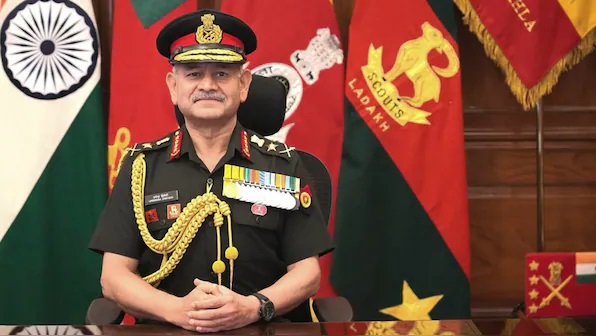Army chief General Upendra Dwivedi described Israel’s establishment of a shell company to supply pagers targeting Iran-backed Hezbollah fighters in Lebanon in September as a “masterstroke” by the Israelis.
“In terms of pagers, a Taiwanese company supplies them to a Hungarian company, which then distributes them to Hezbollah operatives. The creation of the shell company is a brilliant move by Israelis. And that takes years and years of preparation. War does not begin with fighting; it begins with planning,” the army chief stated.
The comments came a fortnight after thousands of pagers exploded across Lebanon, killing scores of people and injuring thousands. Dwivedi was speaking at the Chanakya Defence Dialogue 2024, which was organized by the Indian Army in partnership with the think tank Centre for Land Warfare Studies.
In the Indian context, the army chief stated, “Coming on our side, supply chain interruption and interception is something we must be wary of. We must have various levels of inspection…both technological and manual to ensure that such incidents do not occur again in our case.”
Israel is thought to have carried out the deadly attack by concealing explosives within pager batteries. Hezbollah, which has close ties to Hamas, ordered over 5,000 pagers months before the attack.
Prime Minister Narendra Modi reiterated India’s opposition to terrorism on Monday, while also urging his Israeli counterpart Benjamin Netanyahu to prevent regional escalation, stating that New Delhi will support the early restoration of peace in West Asia.
The interaction came just days after an Israeli air strike in Lebanon killed senior Hezbollah leader Hassan Nasrallah, raising concerns about an escalation of the conflict in Gaza.
India initially expressed solidarity with Israel following the October 7 Hamas terror attacks, but has since taken a more nuanced stance due to its growing strategic ties with several Arab states, including Saudi Arabia and the United Arab Emirates (UAE).
“There’s an Israeli saying that if you mow the grass, you’ll have some time to rest. It will come up again, and we will handle it. And that is exactly what they have been doing. But this time, they did something different,” Dwivedi explained.
